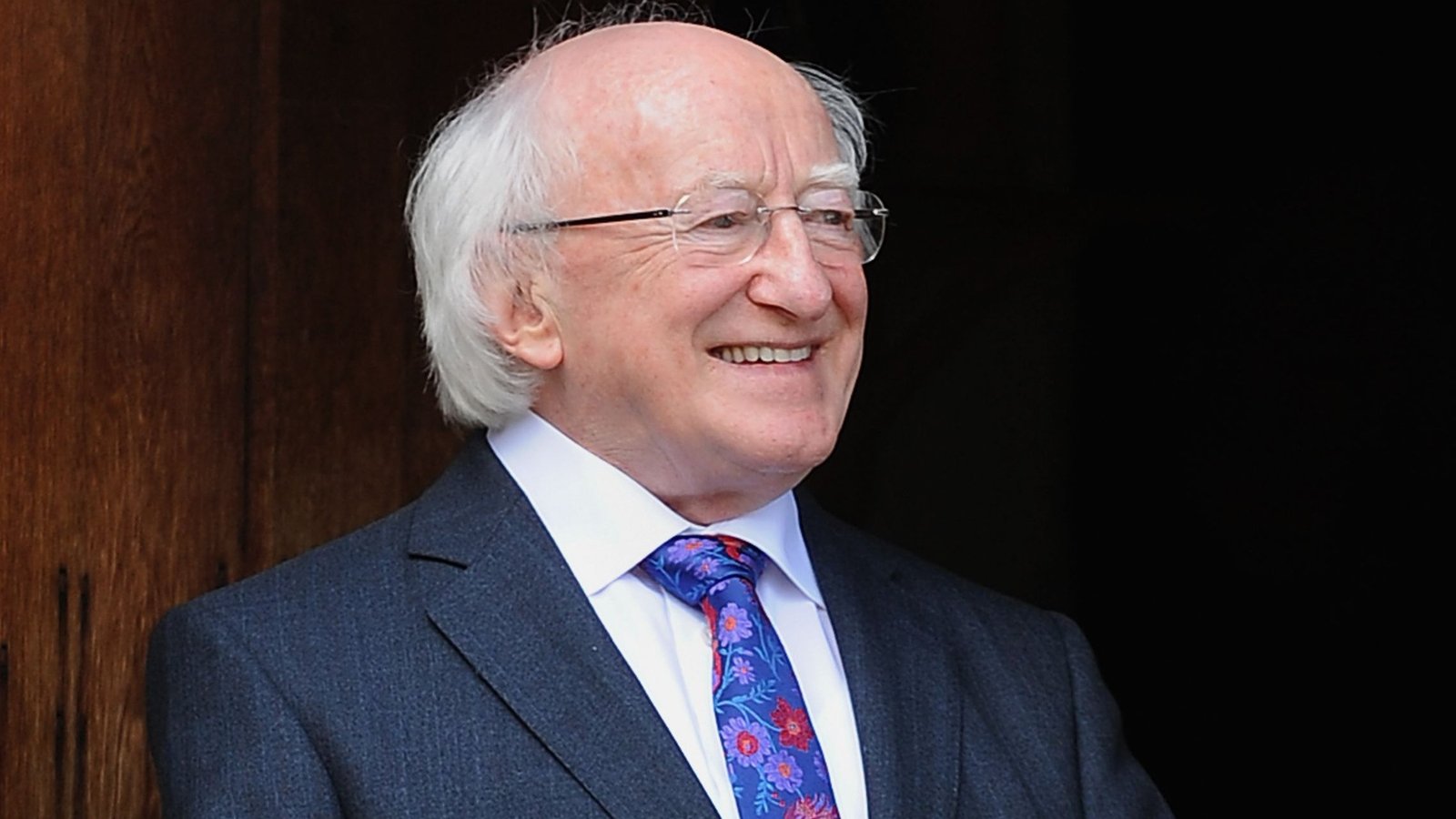
President Michael D Higgins has said gambling is wrecking much of sport and a tiny footnote at the end of such advertising was “to my mind ridiculous”, compared to the consequences he said were unleased by “such irresponsibility”.
He said there were also inadequacies when it came to such warnings on advertisements for alcohol.
Speaking at the 50th anniversary of the Coolmine Therapeutic Community Centre, he said allowing mothers to have their small children with them while they received addiction treatment was a “huge innovation” there.
He said the service had started off small, before the need for addiction services grew hugely, as the prevalence of heroin took hold in Dublin during the 1980s.
He said it was not an easy journey out of darkness, when there was very little light and he spoke of how people in “higher classes” in society were creating problems for “people down the line”.
He said he hoped funding would be made available for the extension of services at Coolmine into the future.
President Higgins said that unfortunately addiction services are needed “now more than ever”.
Increasing prevalence
He said new research on substance abuse by the Health Research Board identified an increasing prevalence in the use of cocaine, ecstasy and cannabis in 15 to 24-year-olds with the use of ecstasy and cocaine in Ireland now being the second highest in Europe.
He said that in the three years to 2018, drug-related hospital admissions here rose by a quarter.
Between 2011 and 2019 he said there had been a 171% rise in the number of cases of young people receiving treatment for cocaine use.
Cannabis was still the substance for which treatment was most commonly received.
He said drinking also remained a problem in Ireland with more than a third of young drinkers demonstrating an alcohol-use disorder.
He said that HRB research dispelled the myth propagated by some that substance abuse and addiction was a problem exclusive to disadvantaged areas, although he said areas with high levels of deprivations were disproportionately impacted by the negative effects of drug use activities.
Praising the approach taken at Coolmine, he said 72% of those completing the programme reported being free from illicit drugs 24 months later.
85% of graduates reported being drug-free 24 months after the programme.
He said recovery for many was about connecting and reconnecting with family, friends, society and most importantly themselves.
He said Coolmine now has the highest number of trained Community Reinforcement Approach staff in Europe.
He also welcomed improved access to services focused on women and children as well as detoxification.
He said homeless men and women, mothers, pregnant women, prisoners and the Traveller community had all been able to access services there.
Thanking the staff and volunteers there, he said it was work for which they should all be extremely proud, making society “more inclusive, compassionate and caring”.